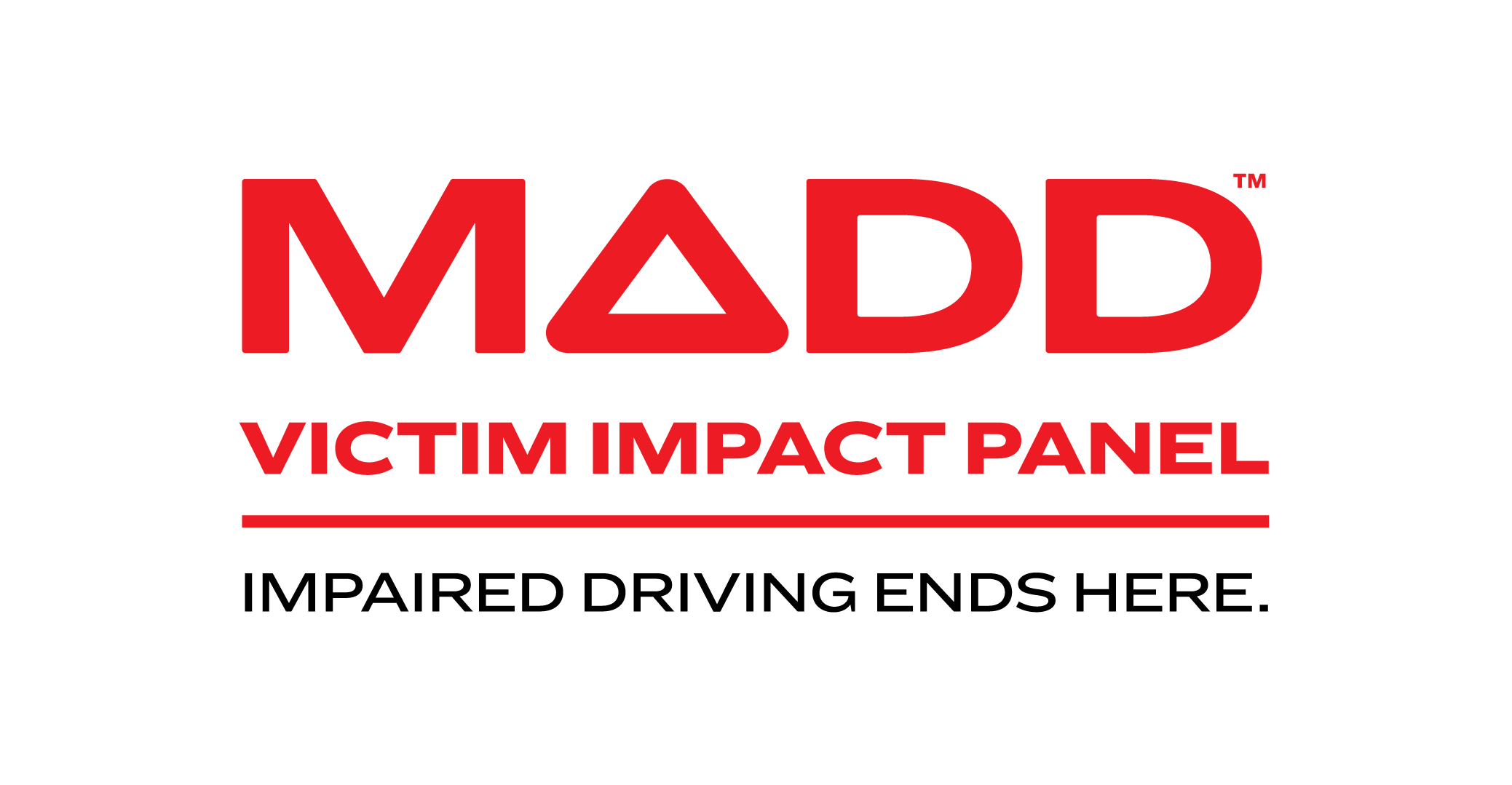When it comes to combating impaired driving, few organizations are as well-known—or as passionate—as MADD Mothers Against Drunk Driving. Founded by a grieving mother who lost her daughter to a drunk driver, MADD has become a nationwide symbol of advocacy, accountability, and victim empowerment. But for individuals navigating the legal system after a DUI or DWI arrest, understanding the influence and legal implications of MADD Mothers Against Drunk Driving is crucial to building a strong defense and protecting future rights.
In this in-depth and human-centered guide, we’ll walk through the core mission of MADD, its legal advocacy influence, and how defendants can effectively address the challenges that often arise when MADD-supported policies are at play. Along the way, we’ll share real-world examples, court dynamics, and proven strategies to help you or someone you know understand how to navigate the legal landscape shaped by MADD Mothers Against Drunk Driving.

Origins of MADD: From Tragedy to DUI Victim Advocacy
The story of MADD began in 1980 with one mother’s unbearable loss. Candy Lightner’s 13-year-old daughter, Cari, was killed by a repeat drunk driving offender in California. Outraged by the lack of serious legal consequences and the overall leniency toward DUI offenders at the time, Candy turned her grief into activism. She founded MADD Mothers Against Drunk Driving with one mission: to save lives and serve victims.
Over the decades, MADD has grown into a powerful national organization. It’s known not just for victim support and public education, but for lobbying state and federal lawmakers to toughen DWI laws. Their influence has led to lower legal BAC limits, mandatoryignition interlock device laws, and harsher sentencing for repeat offenders.
Today, MADD continues to play a direct role in how DUI and DWI laws are enforced, prosecuted, and perceived—especially in states like Texas, where DWI is a leading cause of traffic fatalities.
MADD’s Influence in the Courtroom and Legal Policy
So how does MADD Mothers Against Drunk Driving affect real legal cases? While MADD isn’t part of the prosecution, its advocacy shapes the environment that judges, prosecutors, and lawmakers operate in.
Stronger Sentencing Guidelines
Through relentless lobbying, MADD has been a key player in urging courts to impose stricter penalties for first-time and repeat offenders. Judges—particularly in jurisdictions with high MADD visibility—are less likely to offer lenient plea deals. In some counties, probation terms are stricter and license suspensions are longer.
Victim Impact Panels (VIPs)
One of MADD’s most visible contributions to DUI sentencing is the Victim Impact Panel. Offenders in many states are required to attend a session where victims or families share their stories. The goal is to make the emotional consequences of impaired driving real and tangible.
While impactful, these sessions can also influence probation outcomes, especially if a defendant shows little remorse or fails to complete the program. Navigating this requirement with sincerity is essential.
Policy and Law Enforcement Partnerships
MADD regularly partners with police departments to promote sobriety checkpoints, “No Refusal” weekends, and DWI awareness campaigns. These partnerships increase the likelihood of arrest during holidays and high-traffic events. Knowing this can help defense attorneys prepare context-specific strategies when contesting a DWI arrest that occurred during such campaigns.

Real-Life Story: A Case Influenced by MADD Advocacy
Consider Elena, a 28-year-old accountant in Fort Worth. She was pulled over after a birthday dinner and charged with DWI after blowing a 0.09 on a breathalyzer—just over the legal limit. Her attorney planned to fight the charge, arguing procedural issues with the traffic stop.
But in this county, MADD Mothers Against Drunk Driving had recently hosted a rally and Victim Impact Week. The prosecutor was under pressure to show no tolerance for impaired driving. A lenient plea deal was off the table. Instead of reducing the charge to reckless driving, the prosecutor insisted on full DWI conviction with maximum fines and mandatory interlock.
Elena’s case shows how MADD’s advocacy can shape the court’s tone. Understanding this landscape helped her attorney shift focus toward contesting the reliability of the breath test, eventually leading to a not-guilty verdict. Still, the experience was a lesson in how outside influences like MADD can quietly—but powerfully—shift the legal playing field.
Key Legal Challenges Associated with MADD Mothers Against Drunk Driving
If you’re facing a DWI charge, here’s what to expect when MADD’s presence is strong in your county or case:
Community Pressure on Prosecutors
Prosecutors are elected officials. In jurisdictions where MADD is active, they often face pressure to “go hard” on DUI cases. This can make plea bargains less flexible and push cases toward trial, even when reasonable doubt exists.
Harsher Conditions for Probation
In addition to traditional probation terms like community service or fines, judges may require:
- Mandatory ignition interlock for all offenders (even on first offenses)
- Mandatory MADD Victim Impact Panels
- Higher community service hour requirements
- Random drug and alcohol testing

Increased Law Enforcement Scrutiny
MADD’s partnerships with local law enforcement mean more DWI patrols, checkpoints, and blood draw warrants during “No Refusal” weekends. This increases the likelihood of procedural error, but it also means greater public support for aggressive policing—even when constitutional issues arise.
How to Respond to MADD-Influenced Legal Conditions
So how can you navigate MADD Mothers Against Drunk Driving’s impact on your case? The answer lies in strategy, preparation, and emotional intelligence.
Hire an Attorney Who Understands Local Trends
If you’re in a county known for MADD-driven policy or harsh DUI sentencing, you need an attorney familiar with that environment. They’ll know which judges are strict, which prosecutors push for jail time, and whether alternative sentencing options are available.
Prepare for the Victim Impact Panel
Take this seriously. Courts view your engagement as a sign of accountability. Dress professionally, show up on time, and listen with empathy. If you speak afterward, express genuine understanding—without making excuses. A thoughtful statement can humanize you in the eyes of both the court and the community.
Challenge Evidence Methodically
While MADD influences the courtroom climate, it doesn’t override your constitutional rights. An experienced defense attorney will examine:
- Probable cause for the traffic stop
- Breathalyzer calibration and maintenance logs
- Blood test chain of custody
- Police report inconsistencies
- Video evidence from the stop
Just because emotions run high in DWI cases doesn’t mean due process takes a back seat. You’re still entitled to a rigorous defense.
The Role of Media in MADD Cases
In high-profile crashes or fatalities involving DWI, MADD Mothers Against Drunk Driving may hold press conferences, release statements, or attend hearings. This can shape public perception—and even a jury’s mindset.
Media Strategy for Defendants
If your case has media attention, work closely with your attorney on what to say publicly (if anything). In some situations, remaining silent is the best course. In others, a carefully worded statement expressing remorse or a commitment to change can mitigate reputational damage.
Your attorney may also advise against any social media posts during the case. MADD-related coverage often attracts strong public opinions, and the last thing you want is for a tweet or Facebook post to be used against you.
Restorative Justice: An Emerging Option
Some jurisdictions have begun experimenting with restorative justice programs for non-fatal DWI cases. These programs allow defendants to meet with victims in a controlled, mediated environment to understand the real impact of their actions.
MADD has cautiously supported some of these efforts, particularly when paired with traditional sentencing. If available, your attorney might explore whether this option could demonstrate rehabilitation and reduce sentencing severity.
Looking Ahead: How MADD Continues to Shape the Legal Landscape
The future of DWI law in America—and Texas in particular—will continue to be shaped by advocacy from organizations like MADD Mothers Against Drunk Driving. Current efforts include:
- Mandating ignition interlocks for all offenders nationwide
- Lowering the BAC threshold from 0.08 to 0.05
- Expanding alcohol education in high schools and colleges
- Supporting federal transportation safety initiatives

If you’re facing a DWI charge today, it’s important to realize that your case isn’t happening in a vacuum. Cultural, political, and legal trends are all part of the context—and MADD is a big part of that equation.
Final Thoughts: MADD Mothers Against Drunk Driving and Your Legal Path
MADD Mothers Against Drunk Driving has saved countless lives, pushed for vital reforms, and brought attention to the devastating impact of impaired driving. But if you find yourself on the other side of that courtroom—facing charges or fighting to preserve your rights—it’s essential to know how to navigate the legal terrain MADD helped shape.
Understanding the power and presence of MADD in your community isn’t about fear—it’s about preparation. By hiring the right attorney, showing respect for the process, and knowing your legal options, you can work through the system intelligently, legally, and with the dignity of someone determined to grow from their mistakes.
Whether you’re defending yourself, helping a loved one, or simply educating yourself on the intersection of advocacy and justice, the lessons are clear: Be informed. Be proactive. And always respect the seriousness of impaired driving—because the law, and organizations like MADD, certainly do.


